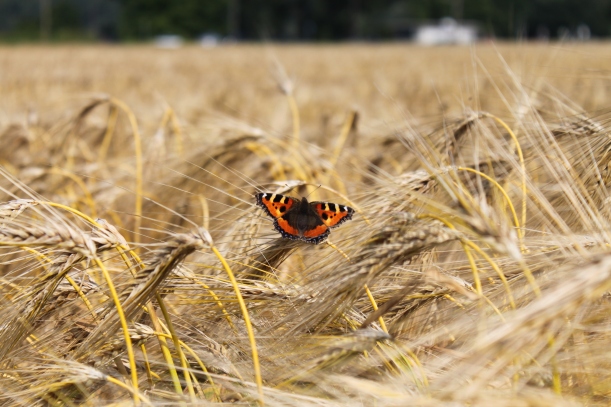
This question is discussed over at Civil Eats, where Michael R. Dimock advocates for a framing of the ‘good food movement’ that allies itself strongly with public health advocates and puts public health in center stage. His argument?
Part of what makes us human is our ability to think ahead to avoid or reduce the magnitude of crises. Today’s food movement is a manifestation of that kind of forward thinking. But it’s also a confluence of many interests tactically responding to related problems.
The anti-hunger, food justice, environmental justice, buy-local and labor communities are responding to bad fiscal, economic, and social policy (including structural racism) that has allowed persistent poverty and is now quickly shrinking the middle class. The environmental and sustainable agriculture communities are responding to degradations caused by industrial farming, fossil fuel production, and consumption.
The anti-obesity, school food, locavore, animal welfare, Slow Food communities, natural food entrepreneurs, and sustainable farmers and ranchers are responding to the effects of industrial agricultural production and industrial (fast) food consumption, but for different reasons.
For the food movement to place unstoppable pressure on policymakers and industrial food producers, it needs a very focused set of goals that emerge from a single root crisis that binds us all. Public health is that crisis.
My thoughts: I think he is very right when he argues that “through a strategic focus on improved health, we can lower resistance from those in control of the industrial system (because they want to be healthy too) and motivate action from the millions of people we need with us,” purely because humans are selfish creatures and it’s easier to advocate for something that benefits the ones we want to convince. Plus, health is so central to well-being that it is a very strong motivational factor.
Still, I’m a bit wary of an overly anthropocentric framework. What do we do with concerns that don’t fit into the public health debate? The debate that “organic fruit is actually not that healthier for you” would be an example where you have to explain very carefully where organic production and public health intersect (e.g. in water quality due to less pesticide run-offs, in less pesticide residues, etc.) But how can we argue for biodiversity, ecosystem preservation and a sustainable use of resources for the next generation (of living beings in general) when we are only concerned with the health of the current generation of humans?
What do you think? Can the framework of ‘public health’ unify all advocates for more sustainable food systems?
Reblogged this on Shared Harvest and commented:
Once again, a good question. She might be on to something here. We are looking to avoid the coming crises in health and environment that our Big Ag approach to food production and consumption will inevitably lead to.